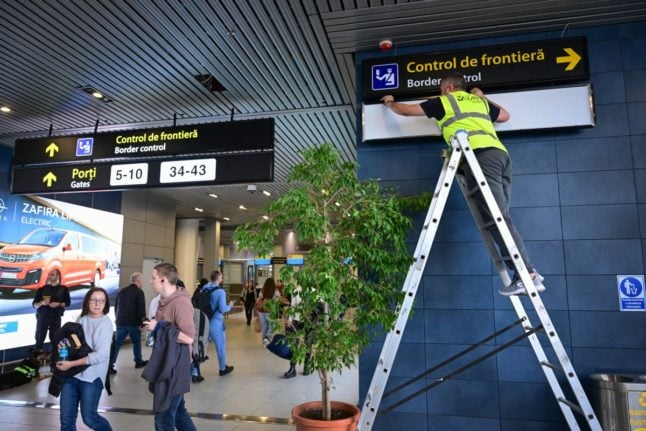France has made an early move to try and coax businesses in London worried by Brexit over to Paris.
On Wednesday French PM Manuel Valls announced a series of tax measures aimed at making Paris more attractive to big financial business.
“In this new environment which is taking shape, we want an attractive France,” he said, adding that he wanted to improve the tax and legal framework to “welcome even more companies (and) make Paris the capital of smart finance.”
But Valls and France face tough competition to profit from London's losses in the post-referendum economic uncertainty.
Paris is not the only European capital clamouring to take London's spot as a major finance centre and gateway to the EU market, and analysts say it may not be the top choice of investors and bankers.
Stephane Garelli, an expert in world competitiveness at Switzerland's IMD business school, recalls that Hollande declared during his 2012 campaign that his number one enemy was “the world of finance”.
“I think that people will look at other alternatives before France. The anti-business reputation is very strong there, also there is the problem of language,” Garelli told AFP.
He said that among the contenders, Dublin appeared best-placed to take over from London, and has been “flooded by requests from UK companies”.
“It is also a financial centre, it speaks English, it is just next door,” he said.
Another attractive country was the Netherlands, although calls there for a similar referendum may put businesses off.
According to ratings agency Standard and Poor's, a fifth of all global banking activity takes place in London.
The city — which voted to stay in the EU while the rest of the country chose to leave — is the gateway for US and Asian businesses into Europe's vast single market.
Garelli said that while Britain was likely to negotiate some kind of access to the EU market, this could be a long process and “business will not wait”.
'Supertax'
According to the World Bank's 2016 “Ease of Doing Business” report, France ranks 27th out of 189 countries, while Britain comes in sixth.
The Socialist government came into power in 2012 promising a 75 percent “supertax” on top earners which became another symbol of France's opposition to big business.
UK Prime Minister David Cameron provocatively offered to roll out the red carpet to France's financiers fleeing the high tax rates, although reports of the country's rich flocking over the Channel were greatly exaggerated.
In the end the 75 percent tax rate was increasingly watered down and quietly dropped in 2015, as it did little to boost a stagnating economy.
Hollande has since steered his government on a wildly different path to stimulate the economy, with a series of economic and labour reforms that have enraged the left flank of his party, which now accuses him of being too pro-business.
As an indication of how difficult the reforms have been, Valls had to force both sets of reforms through parliament without a vote using a special constitutional measure.
The labour reforms have been accompanied by months of violent protests and lengthy strikes.
Garelli said that businesses could also be put off by this “political volatility”, ahead of April 2017 elections.



 Please whitelist us to continue reading.
Please whitelist us to continue reading.
Member comments